Seminars
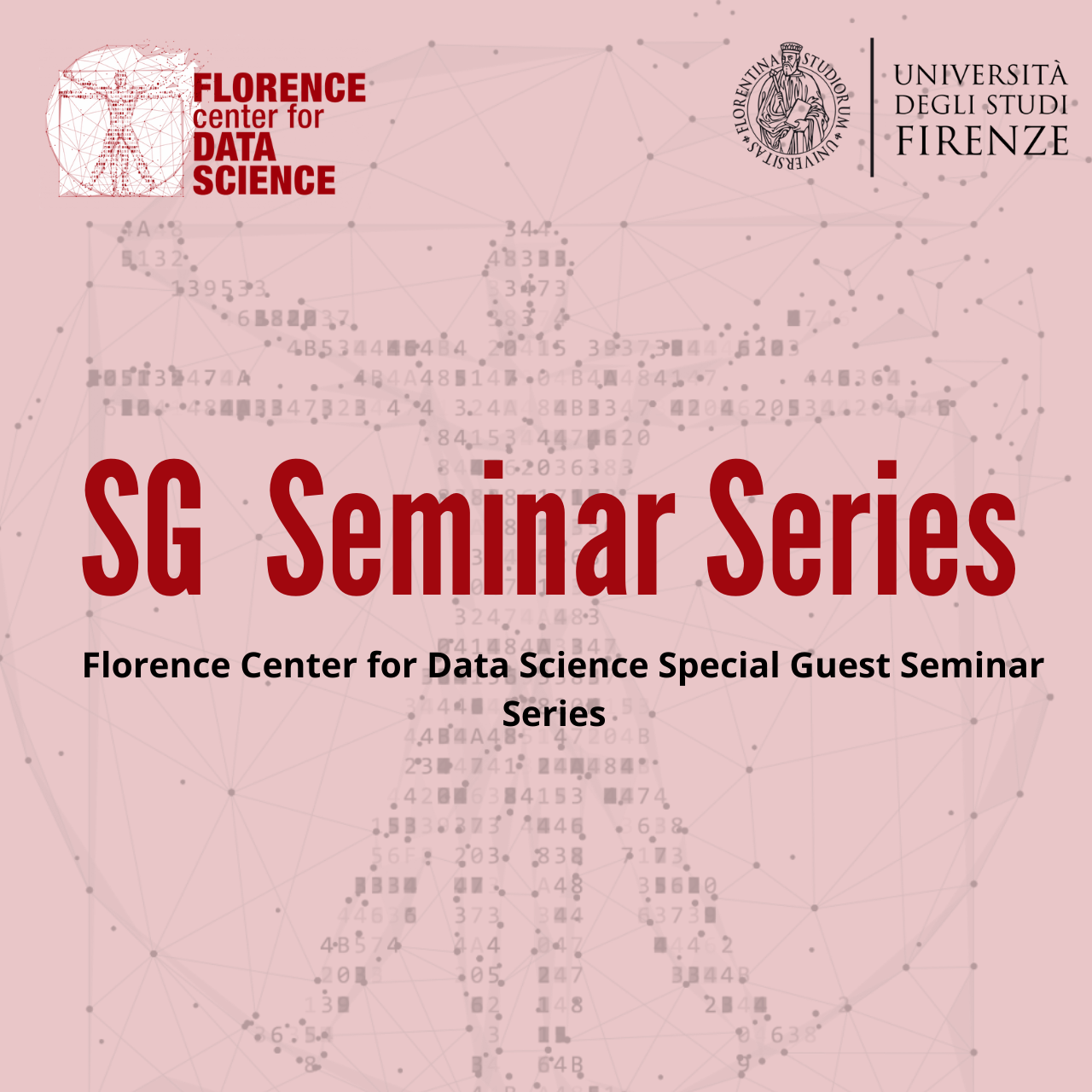
“Special Guest Seminar Series” is a particular seminar series organized by the Florence Center for Data Science that invites researchers and distinguished academicians from external university institutions to hold a lecture about their current research or academic work. It takes place several times during the year. People are invited to attend and the registration (free of charge) is available one week before the event on the website (under the Events page).
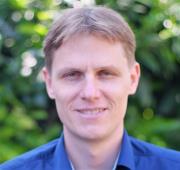
Björn Bornkamp - "Special Guest Seminar Series"
11TH OF May 2023
Björn Bornkamp – Statistical Methodologist at Novartis presented a seminar on
“ Estimand and analysis strategies for recurrent event endpoints in the presence of a terminal event“
Abstract:
Recurrent event endpoints are commonly used in clinical drug development. One example is the number of recurrent heart failure hospitalizations, which is used in the context of clinical trials in the chronic heart failure (CHF) indication. A challenge in this context is that patients with CHF are at an increased risk of dying. For patients who died, further heart failure hospitalizations can no longer be observed. As a treatment may affect both mortality and the number of hospitalizations, a naive comparison of the number of hospitalizations across treatment arms can be misleading even in a randomized clinical trial. An investigational treatment may, for example, reduce mortality compared to a control, but this may lead to more observed hospitalizations if severely ill patients with high risk of repeated hospitalizations die earlier under the control treatment. In this talk we will review this issue and different estimand and analysis strategies. We will then describe a Bayesian modelling strategy to target a principal stratum estimand in detail. The model relies on joint modelling of the recurrent event and death processes with a frailty term accounting for within-subject correlation. The analysis is illustrated in the context of a recent randomized clinical trial in the CHF indication.
The recording of the seminar is available here.
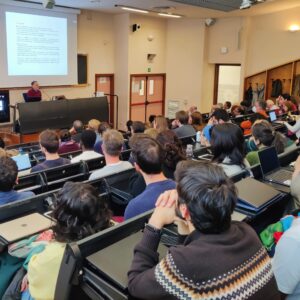
Economics Lecture by Nobel Prize 2021: Guido W. Imbens
28th of March 2023, from 11:30 AM -13.00 pm:
The Florence Center for Data Science and the Department of Statistics, Computer Science, Application “G. Parenti” – DiSIA in a joint event with the Department of Economics of the European University Institute – EUI organized the Economics Lecture by Nobel Nobel Prize in Economics 2021 Guido W. Imbens
Guido Imbens – The Applied Econometrics Professor and Professor of Economics, Graduate School of Business, Stanford University – The Sveriges Riksbank Prize in Economic Sciences in Memory of Alfred Nobel, 2021 hold a lecture on
“Combining Experimental and Observational Data”
Abstract:
In the social sciences there has been an increase in interest in randomized experiments to estimate causal effects, partly
because their internal validity tends to be high, but they are often small and contain information on only a few variables. At the same time, as part of the big data revolution, large, detailed, and representative, administrative data sets have become more widely available. However, the credibility of estimates of causal effects based on such data sets alone can be low.
In this paper, we develop statistical methods for systematically combining experimental and observational data to improve the credibility of estimates of the causal effects. We focus on a setting with a binary treatment where we are interested in the effect on a primary outcome that we only observe in the observational sample. Both the observational and experimental samples contain data about a treatment, observable individual characteristics, and a secondary (often short term) outcome. To estimate the effect of a treatment on the primary outcome, while accounting for the potential confounding in the observational sample, we propose a method that makes use of estimates of the relationship between the treatment and the secondary outcome from the experimental sample. We interpret differences in the estimated causal effects on the secondary outcome between the two samples as evidence of unobserved confounders in the observational sample, and develop control function methods for using those differences to adjust the estimates of the treatment effects on the primary outcome. We illustrate these ideas by combining data on class size and third grade test scores from the Project STAR experiment with observational data on class size and both third and eighth grade test scores from the New York school system.
Co-author: Susan Athey and Raj Chetty
The registration of the lecture is available here.
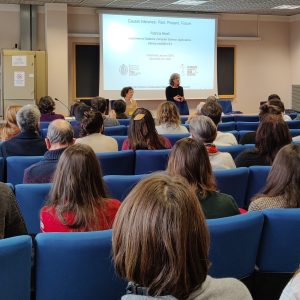
DiSIA Xmas Lecture 2022
22th of December 2022, from 11:00 AM -13.30 pm:
The Department of Statistics, Computer Science, Applications “G. Parenti” together with the Florence Center for Data Science organized the 2023 Christmas Lecture:
Fabrizia Mealli –Professor of Statistics at the Department of Statistics, Informatics, Applications “G. Parenti” – DiSIA of the University of Florence hold a lecture on
“Causal inference: past, present, future“
Click here to download the slides of the lecture.
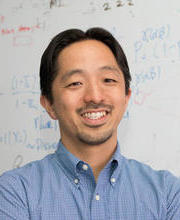
Kosuke Imai - "Special Guest Seminar Series"
7TH OF October 2022, FROM 10.30-11.30 PM:
Kosuke Imai – Harvard University will present a seminar on
“Statistical Inference for Heterogeneous Treatment Effects and Individualized Treatment Rules Discovered by Generic Machine Learning in Randomized Experiments“
Abstract: Researchers are increasingly turning to machine learning (ML) algorithms to estimate heterogeneous treatment effects (HET) and develop individualized treatment rules (ITR) using randomized experiments. Despite their promise, ML algorithms may fail to accurately ascertain HET or produce efficacious ITR under practical settings with many covariates and small sample size. In addition, the quantification of estimation uncertainty remains a challenge. We develop a general approach to statistical inference for estimating HET and evaluating ITR discovered by a generic ML algorithm. We utilize Neyman’s repeated sampling framework, which is solely based on the randomization of treatment assignment and random sampling of units. Unlike some of the existing methods, the proposed methodology does not require modeling assumptions, asymptotic approximation, or resampling methods. We extend our analytical framework to a common setting, in which the same experimental data is used to both train ML algorithms and evaluate HET/ITR. In this case, our statistical inference incorporates the additional uncertainty due to random splits of data used for cross-fitting.
Here you can download the slides of the Seminar.
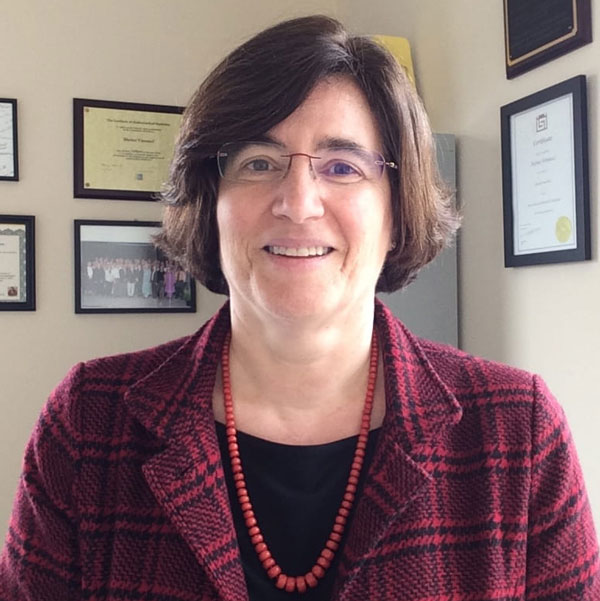
Data Science Xmas Lecture 2021
16th of December 2021, from 3-4.30 pm:
Marina Vannucci – Noah Harding Professor of Statistics, Rice University holds a lecture on
“Bayesian Models for Microbiome Data with Variable Selection“
Abstract: I will describe Bayesian models developed for understanding how the microbiome varies within a population of interest. I will focus on integrative analyses, where the goal is to combine microbiome data with other available information (e.g. dietary patterns) to identify significant associations between taxa and a set of predictors. For this, I will describe a general class of hierarchical Dirichlet-Multinomial (DM) regression models which use spike-and-slab priors for the selection of the significant associations. I will also describe a joint model that efficiently embeds DM regression models and compositional regression frameworks, in order to investigate how the microbiome may affect the relation between dietary factors and phenotypic responses, such as body mass index. I will discuss the advantages and limitations of the proposed methods with respect to current standard approaches used in the microbiome community and will present results on the analysis of real datasets. If time allows, I will also briefly present extensions of the model to mediation analysis.
Click here for all the information to participate